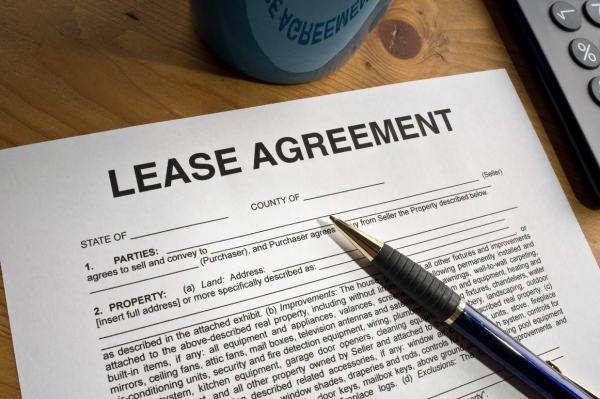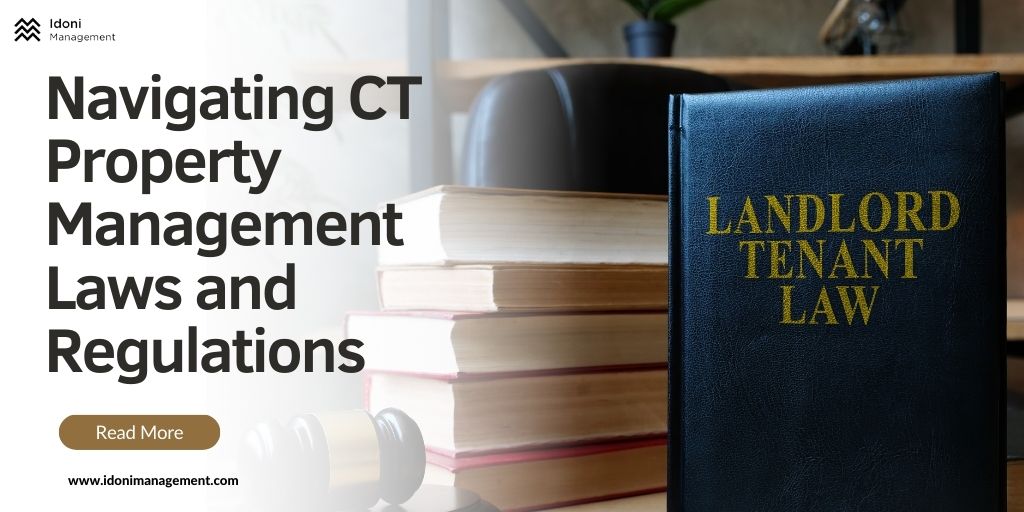Are you feeling overwhelmed by the complexities of property management regulations? Fear not, for there’s a straightforward path ahead with a Connecticut rental property management company. With the right knowledge and guidance, you can effortlessly oversee your rental properties while abiding by all pertinent laws. From tenant screening to lease agreements, maintenance, and compliance with regulations, understanding and navigating these laws effectively is crucial for protecting your client’s interests and ensuring compliance at all levels—federal, state, and local. Let’s dive into the multifaceted nature of property management and explore various regulations and best practices to achieve success in the industry.
Understanding the Basics of Connecticut Property Management Regulations
Property management is multifaceted, covering tenant screening, lease agreements, maintenance, and more. Property managers and companies must grasp these laws to safeguard their clients’ interests and comply with federal, state, and local regulations.
Definition and Scope
Property management regulations encompass various areas, including anti-discriminatory laws, lease agreements, safety standards, repairs, and financial management. These rules aim to protect both tenants and property owners, ensuring fairness and transparency in the rental process.
Legal Framework
Property management laws are grounded in federal, state, and local legislation, such as the Fair Housing Act and real estate law. Property managers must be well-versed in these laws and obtain a real estate license to navigate this intricate legal landscape.
Tenant Screening and Selection
Tenant screening is paramount for successful property management, ensuring reliable tenants who pay rent on time and maintain the property. However, adherence to fair housing laws during the screening process is imperative to avoid discrimination claims and legal issues.
Importance of Thorough Screening
Thorough screening helps identify trustworthy tenants with a clean rental history and financial stability, mitigating risks and enhancing property value. It involves assessing rental applications, credit reports, background checks, income, employment history, and eviction records.
Relevant Fair Housing Laws
Familiarity with fair housing laws, including the Fair Housing Act, is essential for property managers to prevent discriminatory practices and ensure equal access to housing for all individuals.
Lease Agreements

Lease agreements are the cornerstone of rental property arrangements, outlining rights and responsibilities for both parties. They should include essential components such as tenant names, rental terms, payment details, and occupancy limits.
Common Clauses and Provisions
Lease agreements should incorporate clauses regarding property access, pet policies, subletting, smoking regulations, and common area usage to minimize disputes and maintain a harmonious landlord-tenant relationship.
Rent Collection and Eviction Procedures
Clear rent collection procedures and legal eviction processes are vital for successful property management. Establishing automated payment systems, multiple payment options, and effective communication channels streamlines rent collection, while adherence to eviction laws ensures fair and lawful procedures.
Property Maintenance and Safety Standards
Regular property maintenance and adherence to safety regulations are crucial for providing habitable living conditions and protecting investments. Routine inspections, compliance with safety codes, and prompt repairs ensure tenant satisfaction and legal compliance.
Security Deposit Management
Proper handling of security deposits is essential for maintaining tenant relations and legal compliance. Property managers must adhere to regulations governing deposit amounts, holding procedures, and dispute resolution to protect both landlord’s and tenants’ interests.
Staying Up-to-Date
Staying abreast of property management regulations, legal updates, and industry trends is imperative for success. Engaging in ongoing training, networking with peers, and monitoring legal developments help property managers navigate the dynamic landscape of property management effectively.
Conclusion
While property management regulations may appear daunting, they are manageable with the right approach. By grasping the fundamentals, adopting best practices, and staying informed, property managers can ensure compliance, nurture positive tenant relationships, and attain long-term success in the industry. With the right knowledge and guidance, navigating these complexities becomes more manageable, allowing property managers to reap the rewards of successful Connecticut property management. For further assistance or inquiries, feel free to contact us at Idoni Management.



